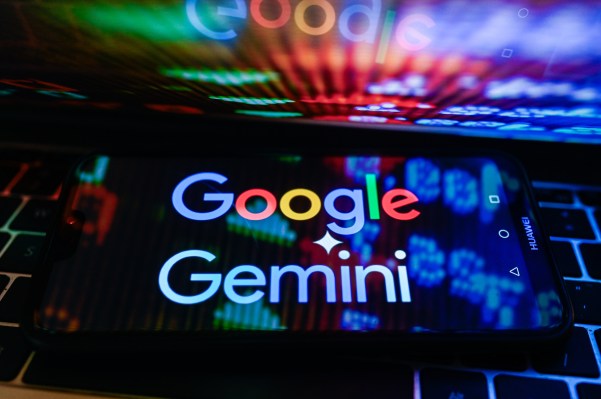Developer Q&A site Stack Overflow is launching a new program today that will give AI companies access to its knowledge base through a new API, aptly named OverflowAPI. The launch partner for this is Google, which will use Stack Overflow’s data to enrich Gemini for Google Cloud and provide validated Stack Overflow answers in the Google Cloud console. Meanwhile, Stack Overflow will work with Google to bring more AI-powered features to its platform, a process it already started last year with the launch of OverflowAI.
Google and Stack Overflow plan to preview these integrations at Google’s Cloud Next conference in April.
It’s no secret that content-driven services like Stack Overflow (but also Reddit, publishing houses etc.) want to ensure that they get paid when large language models ingest their data. While Google and Stack Overflow aren’t discussing the financial terms of this partnership, it’s worth noting that this is not an exclusive partnership.
“The way in which we’re thinking about it with Google is very specific to all the problems that we want to solve for users,” Stack Overflow CEO Prashanth Chandrasekar told me. “Other companies — it’s been fascinating the number of inbounds that we received from companies of all kinds that are experimenting with LLM training, with AI products — cloud companies and non-cloud companies that are looking to become cloud companies — all sorts of folks who are trying to leverage our data in very, very powerful ways. This program, this OverflowAPI program, is absolutely available for all partners to work with us on.”
A world where all developers can get their answers from an AI chatbot, though, is also a world where far fewer developers go to the Stack Overflow website to ask and answer questions (and copy-and-paste them into their code). “We want to be wherever the developer is,” Chandrasekar told me when I asked him about that. And while he acknowledges that he believes the developer workflow will change due to these AI tools, he still believes that there is a need for a trustworthy knowledge base of validated answers. The ultimate vision here, he said, is “for humans and AI to come together” and ensure that developers can trust the answers from the AI tools because they are derived from the knowledge base created by subject matter experts.
It’s also worth noting that this isn’t just about AI. Google will also bring Stack Overflow right into the Google Cloud console and will allow developers to see answers and ask questions right from there.
“You can envision going to the Google Cloud console, typing in a query, and next to all of the Google-specific responses, you will see Stack Overflow-specific responses,” Gabe Monroy, Google’s VP of developer experience for Google Cloud, explained. “Those two things will start to merge together from a developer experience perspective. Now, that’s really important, because what that means is developers get a smooth experience. They don’t have to go hunting and clicking around different sites. Everything that they would want, Stack Overflow questions and answers, as well as Google Cloud-specific question answers, all in the same spot.”
He also noted that the Gemini answers will include citations, so developers can check that the results are correct.
On the Stack Overflow side, the idea is to use Gemini through Google’s Vertex AI platform. Currently, the team is evaluating what that will look like, but you can imagine AI support in the question-asking and moderation processes, for example, as well as in the form of an assistant that can answer questions on the site.
Stack Overflow derives its value from having this vast user base of expert users and now more than a decade of questions and answers about virtually any computer science problem (and while Stack Overflow also runs a network of similar sites about other topics, the focus right now is on its flagship developer-oriented site). Chandrasekar noted that it’s very important to ensure that this quality remains high and isn’t diluted by low-quality, AI-derived answers itself. In part, that’s why Google is integrating the human elements of the Stack Overflow platform.
“We want to keep the quality super high. It’s supposed to be the best of the best in terms of quality and accuracy,” he said. He argued that the barrier for entry for asking questions is going to be much lower for many developers because they’ll be interacting with Gemini, not an opinionated group of fellow programmers. You’re getting a little bit of the best of both worlds, which is fantastic,” he said.
Google’s Monroy similarly stressed the important of the human element in all of this. “As the team at Stack [Overflow] looks to use Gemini to roll out new features, making sure that it’s not disrupting what is beautiful and what is pristine about the way Stack Overflow has served the developer community […] for many years — that’s sacred.”
In the long run, Monroy said, Google may also use this partnership to enhance its code completion model, currently dubbed Codey.
